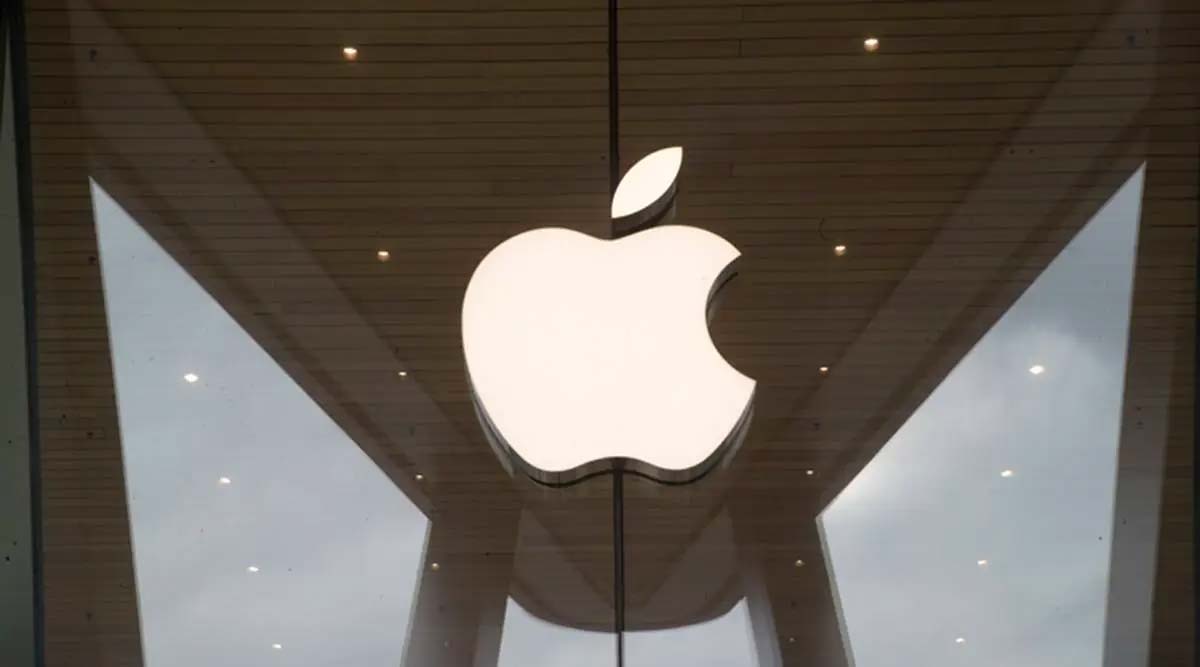Ethereum’s transition from Proof-of-Work (PoW) to Proof-of-Stake (PoS) is hitting the NFT industry hard. OpenSea, the world’s largest marketplace has announced that it won’t support any PoW-based NFTs. The upgrade ‘The Merge’ is all set to change the working of the blockchain, to make the Ethereum blockchain less energy intensive. It will take place on September 19.
OpenSea confirmed its support for Ethereum’s upcoming proof-of-stake (PoS) upgrade in a tweet. The marketplace noted that although it expects a smooth transition to proof of stake (POS) Ethereum, it is preparing for any issues that may arise with the upcoming upgrade.
Blockchain heavily relies on validators (crypto miners) to verify each transaction that occurs on the blockchain. For instance, if A sends Rs 1000 worth of crypto to B via the Ethereum blockchain, the transaction has to be verified before listing it on the blockchain database. For that purpose, validators run complex algorithms on energy-intensive computers. In return, they are rewarded cryptos for verifying hundreds and thousands of transactions that happen daily.
However, this process is energy intensive because validators have to run their computers for hours which requires electricity. With Ethereum switching to PoS, there won’t be any need to run devices rather one device can fulfil the requirement of verifying the transaction—but any individual who wants to be a ‘validator’ just has to stake some cryptos in the mining (staking) pool.
Other marketplaces like Chainlink have also voiced their support for the PoS transition. The marketplace said that its protocol would not be supporting any Ethereum post-Merge.
The Merge won’t have any effect on NFT minting fees. The switch to PoS “does not relate to fees”, an Ethereum developer said in a blog post. Gas fees are transaction fee that has to be paid to use the Ethereum blockchain. According to the Ethereum Foundation, The Merge will not “significantly change any parameters that directly influence network capacity or throughput”. This means, there won’t be any change in the gas fees. It will all depend on demand and supply, when more people use the blockchain the gas fee charges will be high, when less use it, the fee will reduce.
!function(f,b,e,v,n,t,s)
{if(f.fbq)return;n=f.fbq=function(){n.callMethod?
n.callMethod.apply(n,arguments):n.queue.push(arguments)};
if(!f._fbq)f._fbq=n;n.push=n;n.loaded=!0;n.version=’2.0′;
n.queue=[];t=b.createElement(e);t.async=!0;
t.src=v;s=b.getElementsByTagName(e)[0];
s.parentNode.insertBefore(t,s)}(window, document,’script’,
‘https://connect.facebook.net/en_US/fbevents.js’);
fbq(‘init’, ‘444470064056909’);
fbq(‘track’, ‘PageView’);







